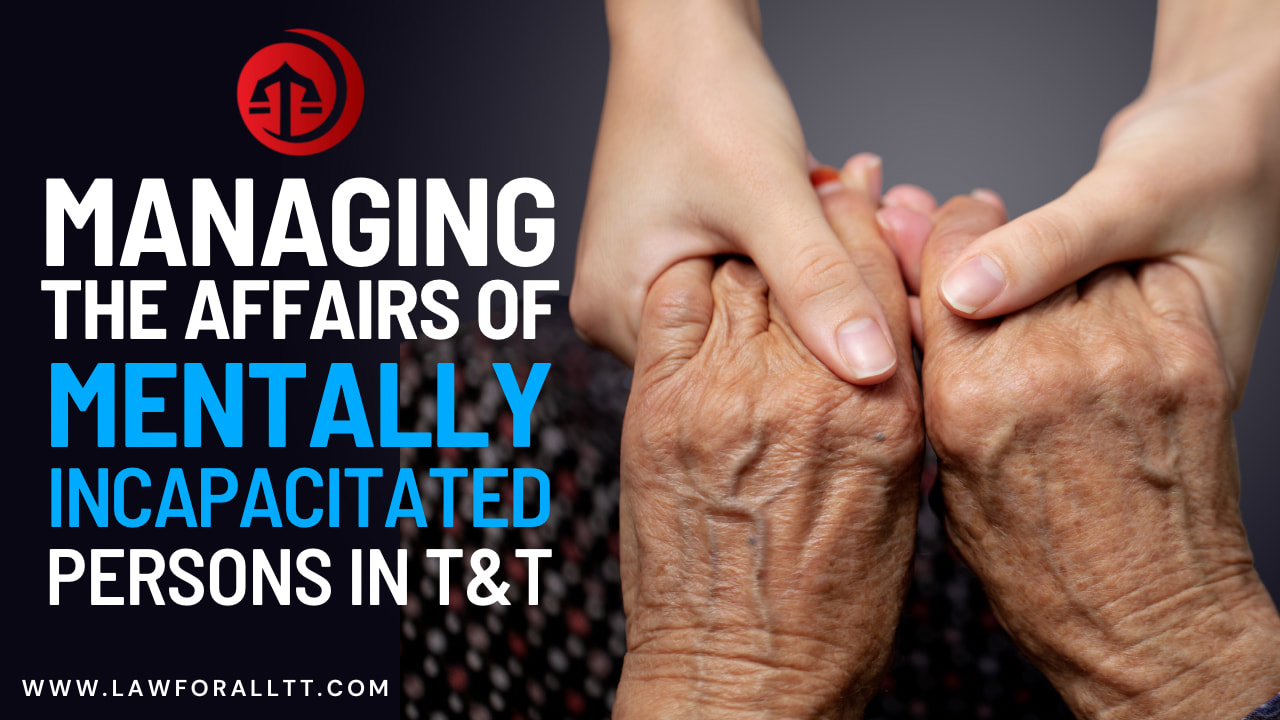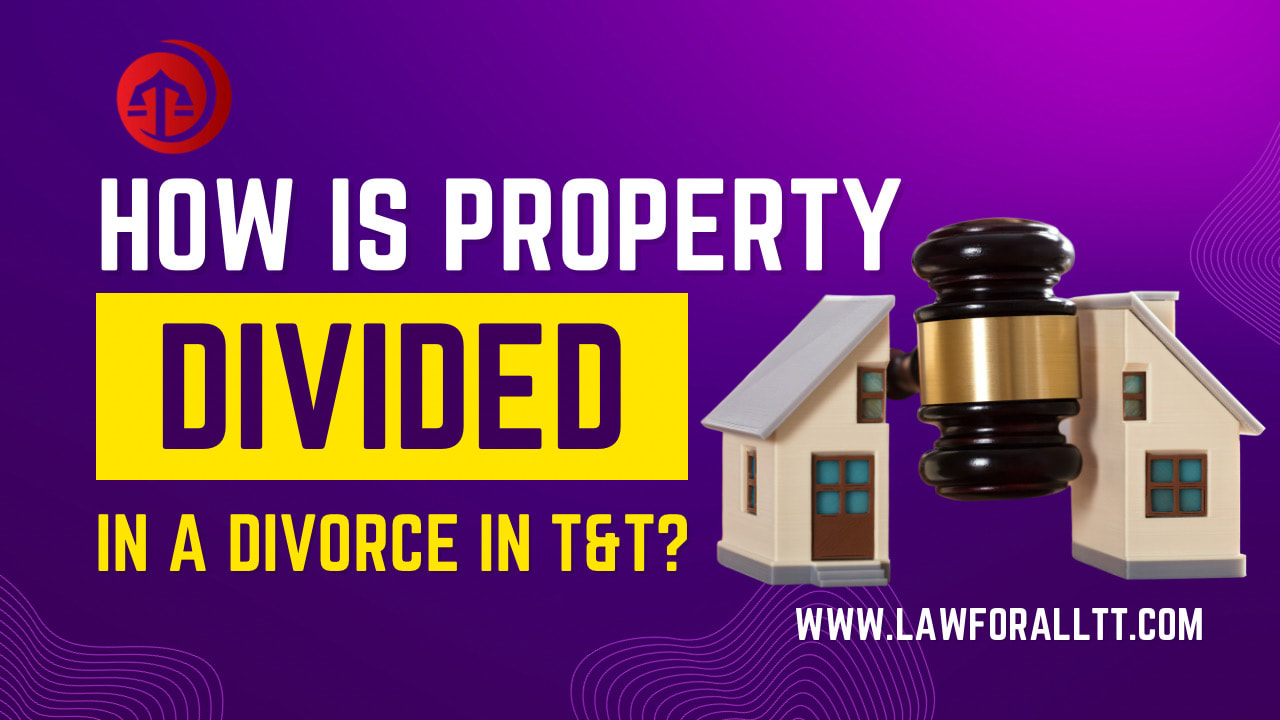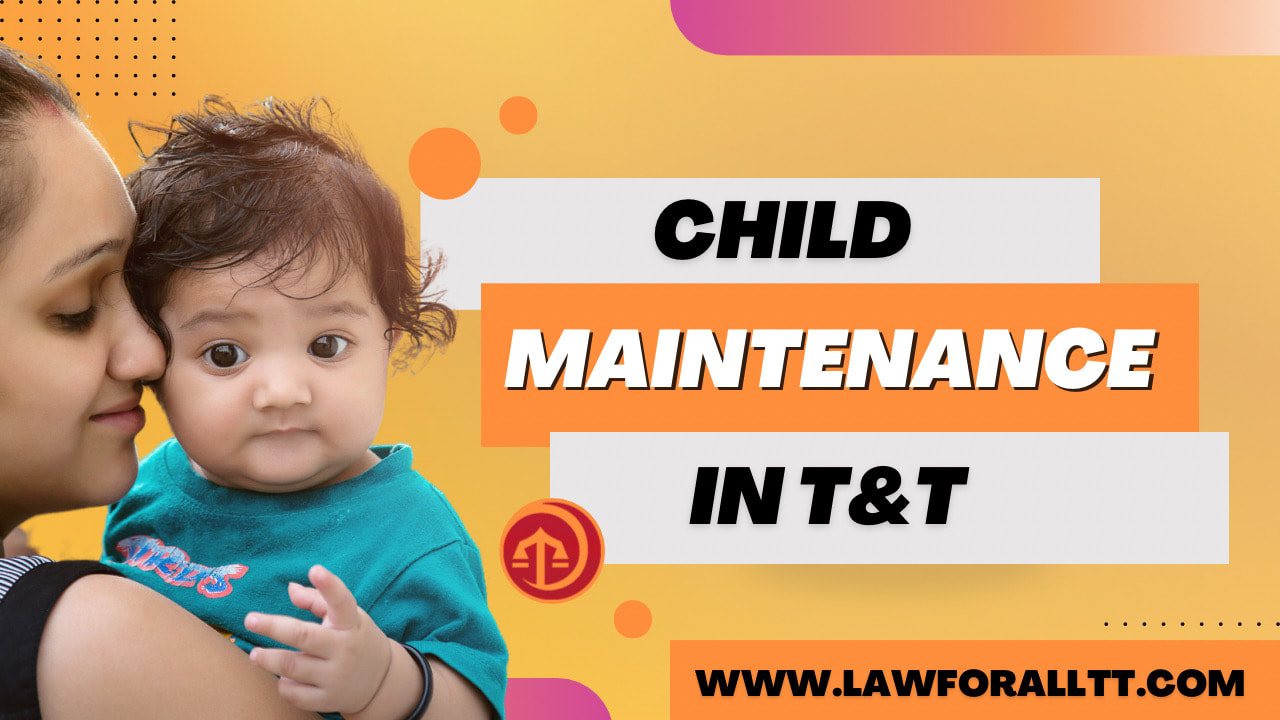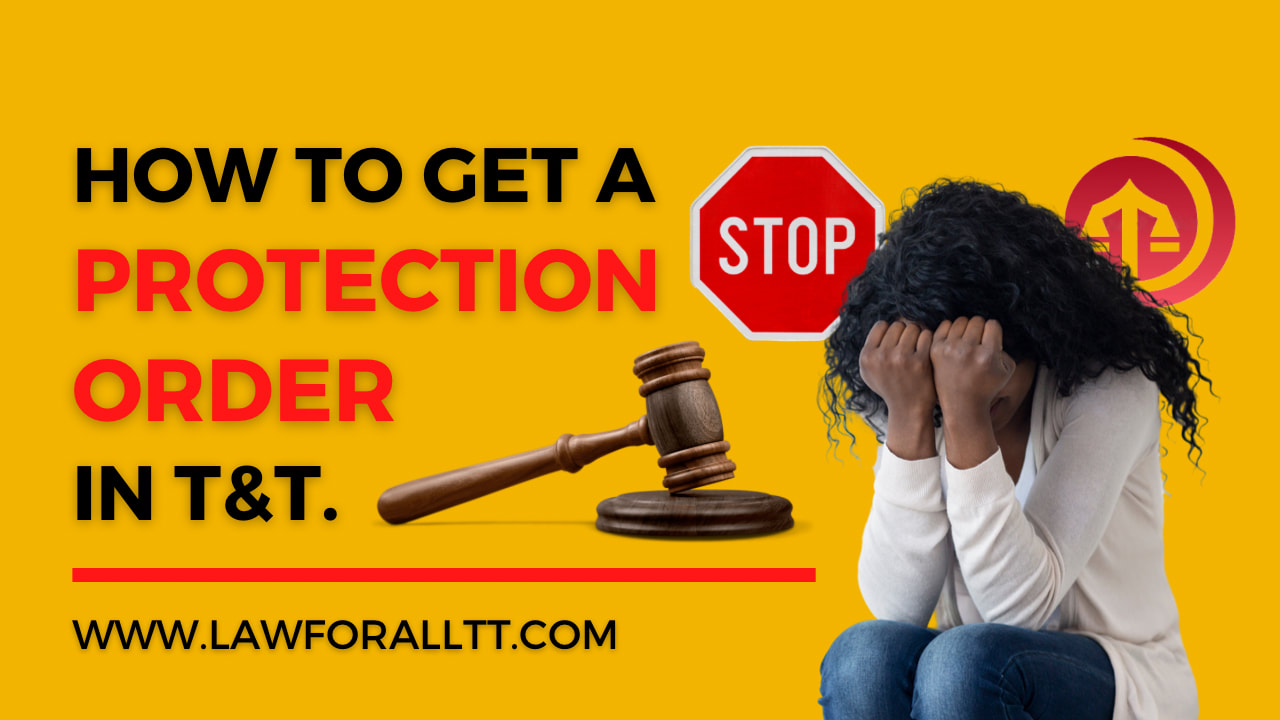|
Divorce can be a complex and emotionally charged process that requires careful consideration and adherence to legal frameworks, especially in the context of Trinidad and Tobago. In this article, we will explore ten crucial aspects to contemplate when navigating the divorce process in the jurisdiction, addressing key issues such as the separation of assets, arrangements for children, and personal maintenance obligations.
0 Comments
Navigating the complexities of family law, especially when it comes to securing access to one's child, can be a daunting task for many parents. In Trinidad and Tobago, the legal framework governing child custody and access is designed with the child's best interest as the paramount consideration. This article provides a comprehensive guide for parents seeking to understand and navigate the process of securing access to their children within the jurisdiction of Trinidad and Tobago. In Trinidad and Tobago, The Mental Health Act, Chapter 28:02 (hereinafter called "the Act"), provides a legal framework for safeguarding the rights and well-being of individuals who are incapable of managing their personal affairs due to mental incapacity. The Act refers to these individuals as "patients," who are suffering from or are suspected to be suffering from mental illness or who are mentally subnormal. A "mentally ill person" is described under the Act as a person with a mind disorder requiring care, supervision, treatment and/or control for his own own well-being or the well-being of others. While a "mentally subnormal person" is described under the Act as someone whose mind hasn't fully developed due to reasons like inherent causes, disease, or injury before turning eighteen. This includes individuals who need care, supervision, treatment, or control for their own safety or the safety of others. Divorce is never an easy process, and one of the most challenging aspects of it is the division of property. In Trinidad and Tobago, as in many other countries, the division of property after divorce is guided by laws that aim to ensure fairness and equity. To understand how this process works, let's delve into the legal framework. By media release published on 30th April 2023, the Judiciary of T&T announced that it has arranged with the National Lotteries Control Board (NLCB) to sell its vouchers to facilitate the payment of fines and fees. As of May 1st, 2023, there will be two different CourtPay Vouchers available for purchase from the NLCB: 1. CourtPay Maintenenace Voucher; and 2. CourtPay Fines and Fees Voucher.
There is a legal responsibility on parents, whether married or unmarried, to maintain dependent children. Child maintenance can make a real difference to children as it can help pay for food, clothing, education and other essentials. It is meant to cover the day-to-day living and general upkeep of the minor child/children. But how does one go about getting maintenance for a child in Trinidad and Tobago?
If a person feels unsafe or threatened by another person, he or she can seek the relief of a protection order. A protection order also known as a restraining order is a court document which prohibits the respondent (the person against whom the protection order is being made) from engaging in abusive behaviour of any type towards the victim. But how does a person get a protection order in Trinidad and Tobago? Who can apply for one? How long can a protection order last? Here are 7 important things you should know about protection orders in Trinidad and Tobago: If at the time of the registration of your child's birth your name was not included as "Father" on his or her birth certificate, it can still be inserted at a later time. In Trinidad and Tobago there are a few avenues to do so: Many of us know persons who are in common-law relationships in T&T or maybe you're in a common law relationship yourself. Did you know a common-law spouse has certain rights in Trinidad and Tobago? In T&T, there are TWO main ways to end a marriage - by annulment and by divorce. |
Categories
All
Archives
June 2024
|
LawForAllTT.com |
|





















 RSS Feed
RSS Feed